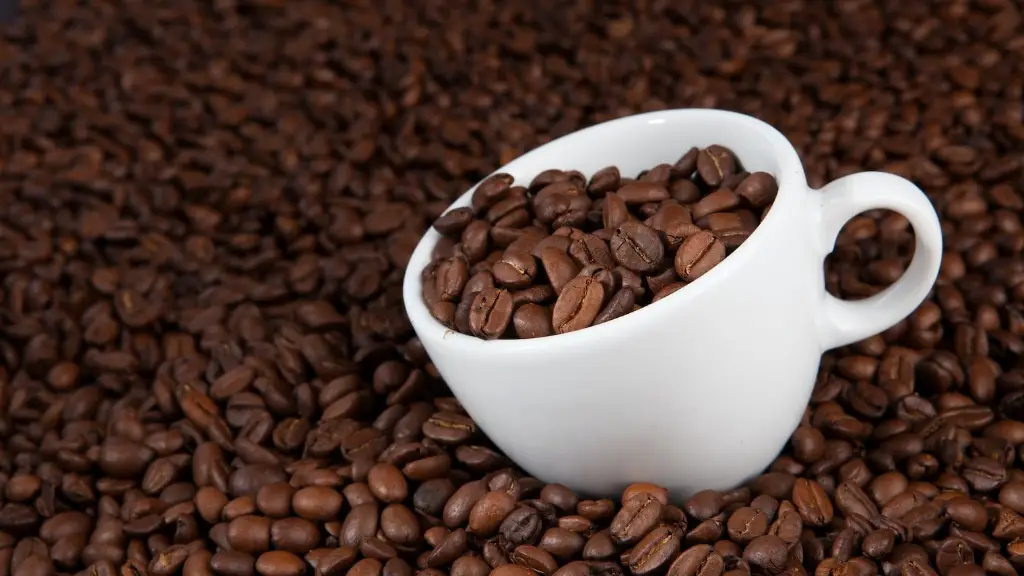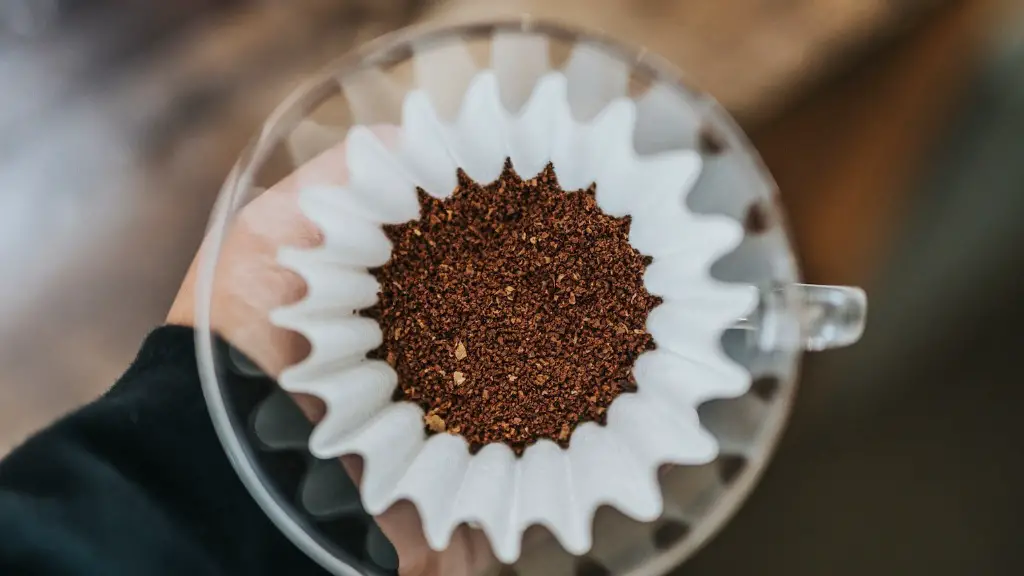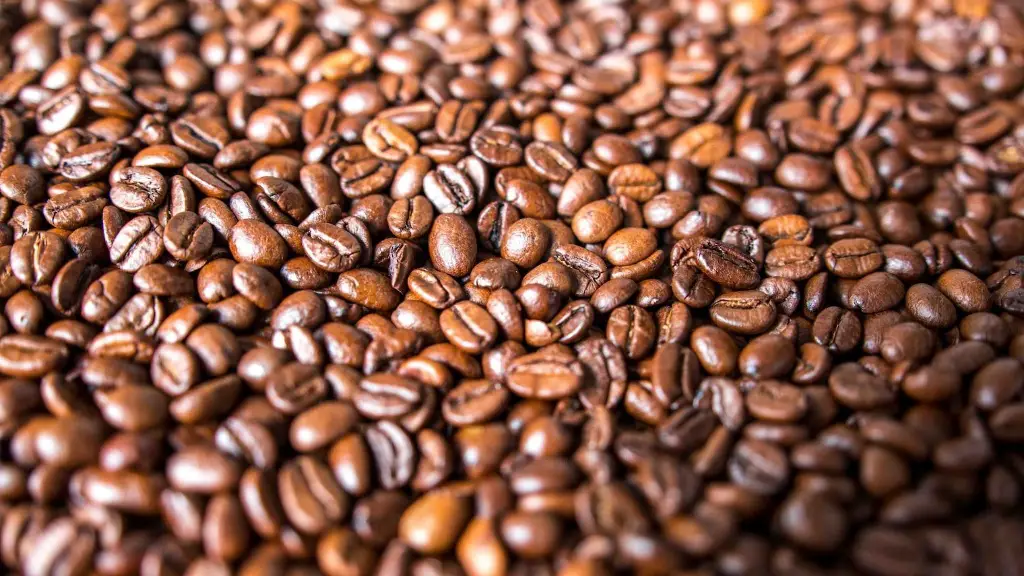What Do doctors say about drinking coffee without sugar
Most medical experts agree that drinking coffee without sugar is a healthier alternative than the traditionally sugary version. But is it really possible to drink coffee without sugar and still enjoy its flavor? Recent studies suggest that yes, it is! In fact, a few cups of unsweetened coffee can give you a caffeine boost without the added glycemic load of sugar.
Registered dietitian Dara Godfrey explains that it may take time for your taste buds to adjust to drinking coffee without sugar, but that it is definitely doable. She adds that in order to get rid of the sweeter taste of sugary coffee, you need to slowly decrease the amount of sugar you put in each cup. “Start by mixing half coffee and half coffee with sugar, and then slowly transitioning to just coffee without sugar.” Once you get past the taste adjustment, you’ll find that coffee without sugar can taste great.
Caffeine, the main active ingredient in coffee, can cause a range of short-term effects, including improved alertness and greater concentration. While too much caffeine has been linked to a number of long-term problems such as insomnia, heart palpitations, anxiety, and restlessness, medical experts agree that drinking coffee can provide some health benefits.
Nutritionist Chris Lowery explains that coffee can be beneficial for your health. “It’s a great source of antioxidants, which helps protect your body from cell damage caused by free radicals. Plus, its mild diuretic effect can help your body flush out toxins.” He also adds that coffee’s natural stimulant properties can make it a great substitute for sugary energy drinks.
Dr. Omar Hamilton, a cardiologist, notes that coffee’s benefits increase when you don’t add sugar. He advises that when you make coffee without the additional sugar and cream, you lower the calorie count and reduce the effects of the coffee on your blood sugar. Additionally, leaving out the sweeteners makes it easier for you to control your daily calorie intake. Finally, he concludes, “The purpose of drinking coffee is to gain energy and alertness, not overload on calories.”
What is The Nutritional Value of Drinking Coffee without Sugar?
A cup of brewed coffee without sugar provides just two calories, which makes it an excellent choice for those on a weight-loss program. It also contains negligible amounts of protein, fat, and carbohydrates, lending it no nutritional benefits. It does, however, provide plenty of healthy compounds such as caffeine, which can provide a significant physical and mental boost, and antioxidants that can help keep you healthy.
In short, if you want to reap the benefits of drinking coffee while avoiding added sugar and calories, then it is absolutely possible to do so. Just remember to start off slowly by gradually reducing the amount of sugar you add. Once you get used to the taste, you’ll likely find that you enjoy unsweetened coffee just as much as you do one with sugar.
Can Coffee be Beneficial to Your Health?
In addition to its flavor, fresh coffee provides your body with some essential nutrients. A standard cup of brewed coffee without sugar provides between 10 and 100 milligrams of vitamin B6, vitamin B12, potassium and magnesium, depending on the strength of the brew. This essential mineral and vitamin content can vary depending on the amount of coffee beans you use, the type of grind, and the brewing method.
Coffee also provides a source of dietary fiber and polyphenols, both of which may be beneficial for your health. The polyphenols in coffee, specifically, are powerful antioxidants that can help fight free radicals, preventing cell damage and reducing inflammation. The dietary fiber in coffee can help promote gut health, as it can act as a natural prebiotic, feeding the beneficial bacteria in your gut and helping them to thrive.
Are there Risks of Drinking Coffee without Sugar?
Although coffee in general can offer some health benefits, excessive consumption can have some adverse effects. For example, drinking too much coffee can lead to dehydration, due to its diuretic effect. Additionally, the caffeine in coffee can be habit-forming and can lead to fatigue if consumed late in the day. On a less serious note, some people may experience heartburn, indigestion, or an upset stomach when consuming too much coffee.
It’s important to keep in mind that every person is different and will react differently to caffeine and coffee as a whole. To limit your risk of developing any adverse effects, remember to keep your coffee consumption to a minimum, and don’t mix it with other stimulants, such as energy drinks. Finally, consider switching up your daily coffee routine with alternatives such as herbal teas, which can help to diversify your nutrient and antioxidant intake.
What Is The Best Way To Drink Coffee without Sugar?
If you prefer to add flavor to your coffee without using sugar, consider using spices and herbs instead. Cinnamon, nutmeg, and ground ginger are all excellent alternatives when it comes to sweetening your coffee. Additionally, you may consider adding a pinch of vanilla extract for added sweetness, without the added calories and sugar of traditional coffee sweeteners. Alternatively, you can try adding a teaspoon of cocoa powder to your coffee for a richer, bolder flavor.
At the end of the day, if you enjoy drinking coffee, then there is no reason why you can’t continue to do so. Just remember that it is possible to drink coffee without sugar and gain some of the same benefits. To reduce your daily sugar and calorie intake, while still enjoying your coffee, reduce the amount of sugar in each cup gradually and gradually increase the amount of unsweetened coffee.
Are There Alternatives To Drinking Coffee without Sugar?
If you’re not a fan of black coffee but still want to reduce your sugar and calorie intake, you can try adding almond milk, hemp milk, or coconut milk to your coffee instead of cream or sugar. These plant-based options will offer some flavor, without the added calories. Additionally, consider adding more spices and herbs such as cinnamon, vanilla, or ginger to jazz up the flavor of your coffee.
In case coffee isn’t your cup of tea (pardon the pun), consider tea instead. Almost all teas are naturally sugar-free, and there are so many different varieties out there to choose from. Plus, tea has Vitamin K, manganese, folate and magnesium, making it the perfect substitute for coffee. From black teas to green teas and even herbal teas, the possibilities are endless if you want to play around with different flavors and aromas.



